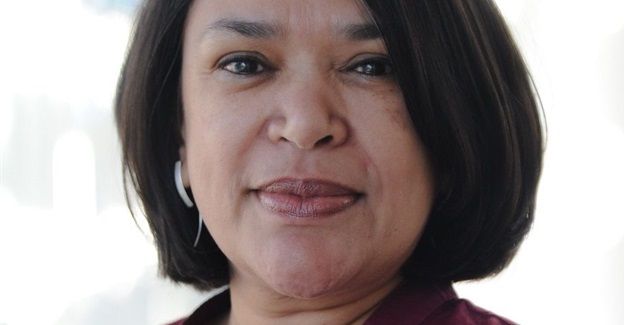
Gordhan made the suggestion, at parliament’s public enterprises committee last Wednesday, as a means of take the pressure off Eskom and electricity tariffs. The price Eskom pays 20-year agreements it signed to purchase power from renewable energy projects launched in 2011 and 2012 is higher than subsequent bidding rounds, mainly because technology and finance costs in the renewable energy sector fell by the time later bids were finalised.
“This is about exploring possibilities that are created by the rapid fall in costs in the renewable sector, whether that’s solar or wind. There are players in the renewables industry who are saying ‘let’s talk'," he said.
Gordhan said he wanted to reassure IPPs that the government would be careful about how it handled any negotiations over power prices
However, the South African Wind Energy Association (Sawea) says renegotiating these deals would be a clear breach of contract. It would also damage investor confidence, which is contingent on government’s consistent, assured application of procurement law.
“Renegotiation, besides raising the spectre of breach of contract, would require extensive and careful process to ensure fairness to affected investors while also providing sufficient assurance to prospective investors,” says Brenda Martin, CEO of Sawea.
“Thus far, no formal requests for renegotiation of contracts have been received by any Round 1 preferred bidder,” she confirms.
The REI4P was initiated by government in 2011 as a premier procurement programme with the intent that climate and energy security should be addressed. The need to diversify South Africa’s energy mix as well as transition away from coal-fired power were both primary motivators for the launch of the programme.
To date, the programme has raised R202bn – 24% of which is foreign direct investment. It has contributed 26,840GWh to the national grid and created about 36,500 jobs. South Africans own, on average, 48% equity in all IPPs while black South Africans own, on average, 31% of project equity.
Martin explains that Round 1 projects were bid in line with tariff ceilings offered by government, which recognised that in order to initiate the growth of a market, attractive terms needed to be offered initially. However, consistent rounds of procurement, innovation and expanding global markets have led to dramatic cost reductions and a global trend of rapidly declining tariffs to-date.
“Sawea is mindful of the national imperative to find solutions to Eskom’s financial crisis. However, we question the wisdom of any move to undermine the successful public private partnership that has grown under the REI4P, particularly at a time when concerted efforts to attract investors to South Africa are being led by the president, and when bid prices have clearly declined consistently as a direct result of competitive bidding.
“The competitive bidding process under the REI4P has resulted in Round 4 projects bid at R0.96/kWh for solar and R0.76/kWh for wind – an average drop in price of over 50% from earlier rounds.”
According to recent models from the CSIR, future wind energy investments alone have the potential to realise 70,000 jobs (in construction, operations and maintenance) through the smoothed allocation of 1.5GW of wind a year between 2021 and 2030 and to make a total GDP impact of about R20bn between 2021 and 2030. That is approximately R200bn in total.
“The renewable sector has proven its capacity to deliver built programmes on time and within budget, and that it has the capacity to take on upfront risk and debt on its own and then rely on power purchase agreements over a 20-year life span to recover that initial investment. It needs the consistent support of government if it is going to continue to deliver benefits for all South Africans,” says Martin.